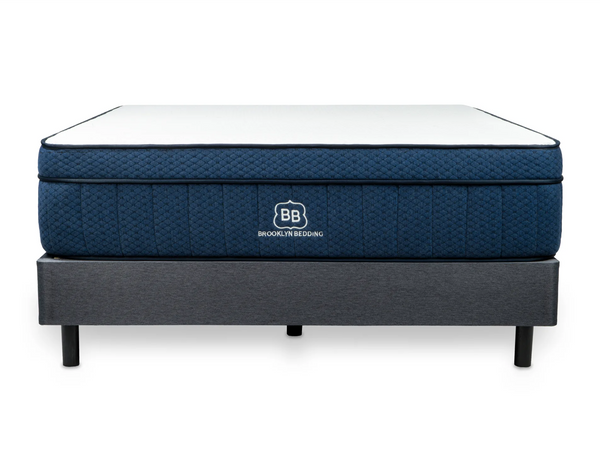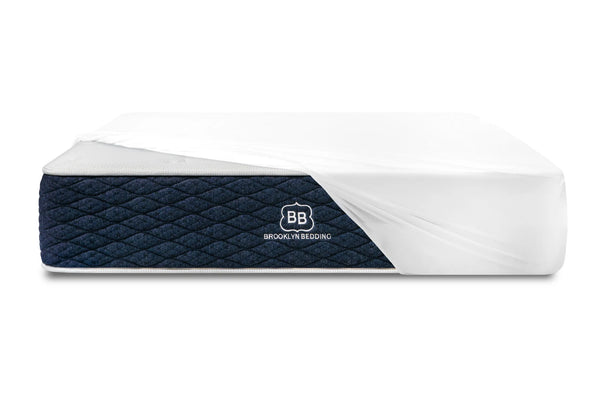
10 Tips to Better Sleep
Sleep can provide essential energy and motivation throughout your day, making you perform more effectively at work or home. Furthermore, getting sufficient rest will boost mood and reduce stress levels.
Set your bedroom aside as an environment designed for rest by clearing away clutter and switching off TV and cell phone usage - these electronic devices' blue light can interfere with melatonin levels, hindering sleep.
1. Change Your Sleep Position
Many adults don't give much thought to how they sleep, yet altering it could have profound ramifications on their health. According to Cleveland Clinic recommendations, sleeping in a position which promotes spinal alignment from hips to head can have positive outcomes on your wellbeing.
Stomach sleeping, which involves turning your head in one direction for extended periods, can cause back pain and block your airway, leading to difficulty breathing and restricting blood flow to critical organs such as your lungs. Switching to side sleeping may alleviate these issues.
2. Change Your Sleep Environment
Sleep is essential, yet many factors can impede this goal. Altering the environment in which you sleep could help facilitate improved restful slumber.
Clutter, noise, and an overheated room can rob you of restful slumber. A white noise machine or ear plugs may help mask background distractions to create a peaceful sleeping environment. Blackout curtains or dark screens should be avoided an hour prior to bedtime for best results.
3. Sleep in a Relaxing Environment
Establishing a relaxing sleep environment can help you drift off more easily and stay asleep throughout the night. A quality mattress, pillow and bedding, along with reduced light exposure are essential ingredients of quality restful slumber. De-cluttering your bedroom to eliminate potential distractions will further aid relaxation; electronics should also be kept at a minimum before bedtime to promote restful slumber.
4. Change Your Sleep Routine
Beginning a solid sleep regimen can help improve the quality of your rest. Start by setting a reminder for when to go to bed and wake up each day, including weekends.
Avoid caffeine and other stimulants in your bedroom and make it an oasis of restfulness and sex, without screens looming overhead. Doing this will ensure a better night's rest!
5. Get a Good Night’s Sleep
Everyone has experienced restless nights from time to time, but consistent poor sleeping can put your health in jeopardy. A good night's rest is as essential for overall well-being as eating healthily and exercising regularly.
Avoid caffeine, alcohol, fatty foods and heavy exercise approximately 2 hours prior to bedtime in order to maximize restful sleep. Consider setting a regular sleep schedule and adhering to it on weekends as well.
6. Keep Your Bedroom Cool
Sleep better by keeping your room between 65 to 70 degrees Fahrenheit for optimal restful slumber.
Maintain a quiet bedroom environment free from distractions in order to achieve proper restful restful restful restful restful restful restful restful restful restful restful restful restful restful restful restful restful restful restful restful restful restful restful restful restful restful restful restful restful restful restful REM sleep. A noise canceling device or soothing sleepcast may help facilitate this sleep aiding device as they help you fall asleep faster.
Avoid screens within one hour before sleeping to reduce blue light exposure which inhibits melatonin production and delays restful restful restful slumber.
7. Change Your Diet
As many of us experience occasional difficulties sleeping, if your difficulty persists on an ongoing basis it may be beneficial to see your health care provider to identify and treat any underlying causes that are hindering restful restful nights.
Opt for foods that soothe the body and boost serotonin levels, such as foods high in spicy or heavy fat content near bedtime, as these may disturb sleep quality. Furthermore, limit caffeine consumption during afternoon and evening hours.
8. Get a Good Night’s Sleep
Many people find that a good night of restful slumber leaves them feeling refreshed and revitalized, while a poor one can leave them groggy and lethargic.
Develop a sleep routine with regular bedtime and wake-up times, including eating large meals or drinking alcohol within two hours before sleeping; refrain from watching TV or using electronic devices before going to bed.
9. Take a Bath or Shower
An hour or two of warm shower or bath before bed can provide a natural and effective sleep aid. Soothing soaks can help regulate circadian rhythm and promote more restful nightly slumber.
Avoid taking overly-hot showers; your body will quickly adjust once out of the water. Once finished, complete your usual nighttime rituals.
10. Exercise
Exercise is an integral component of leading a healthy lifestyle and it can even improve sleep quality. But exercising at the wrong time may keep both mind and body awake during sleep time - be aware that engaging in intense physical exercise too close to bedtime may keep these systems stimulated, potentially keeping you up later than needed!
Try to complete any moderate to vigorous exercises at least three hours prior to bedtime, and avoid taking naps in the afternoon.









